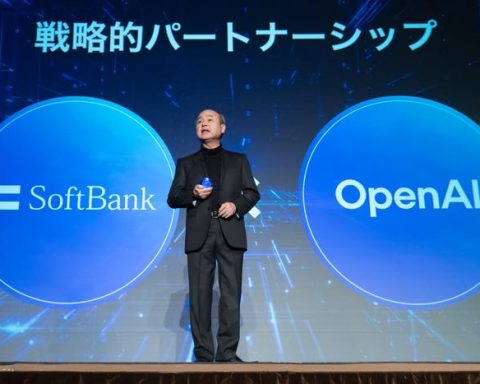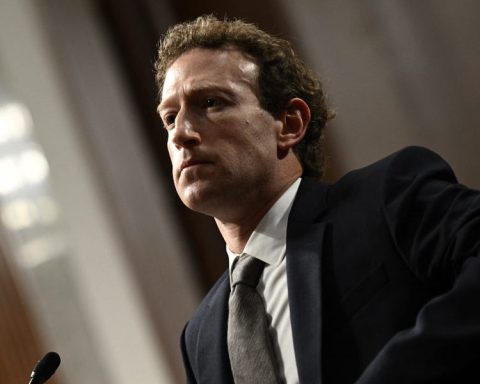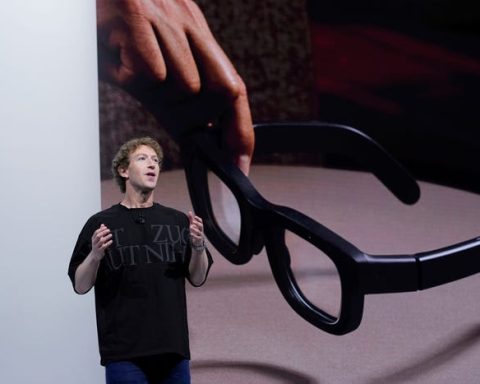Exodus of US Scientists Warned by Meta’s Yann LeCun
Meta’s chief AI scientist, Yann LeCun, has cautioned that the United States may face a brain drain of scientific talent due to proposed funding cuts. The Trump administration is aiming to reduce budgets for the National Institutes of Health (NIH), raising alarm among those in the scientific community.
In a LinkedIn post, LeCun expressed concern that “The US seems set on destroying its public research funding system. Many US-based scientists are looking for a Plan B.” The NIH funding cuts could lead to the termination of billions in federal funding dedicated to biomedical research.
Recently, a judge placed a temporary hold on these cuts during ongoing legal disputes from states and universities claiming the reductions are illegal. Former Harvard Medical School Dean Jeffrey Flier remarked, “A sane government would never do this,” referring to the proposed funding reductions.
Moreover, Elon Musk’s cost-saving initiatives have extended to federal agencies, including the NIH and NASA. There are also worries about an executive order from Trump that targets diversity, equity, and inclusion efforts, potentially impacting scientific research at universities. Reports indicate that some institutions are advising researchers to avoid certain terminology like “biodiversity” to evade AI scrutiny in grant applications.
LeCun, who completed his education in France, urges European institutions to take note of the situation in the United States, asserting, “You may have an opportunity to attract some of the best scientists in the world.” He outlined seven key factors that researchers look for when considering positions in universities, companies, or public research organizations:
- Access to top students and junior collaborators.
- Access to research funding with minimal administrative burden.
- Competitive compensation (on par with leading universities in the US, Switzerland, and Canada).
- Freedom to pursue research that they believe is most promising.
- Access to research infrastructure, including computing facilities.
- Opportunities for collaboration with industry and startups.
- Reasonable teaching and administrative responsibilities.
His message to Europe is clear: “To attract the best scientific and technological talents, make science and technology research professions attractive.”










